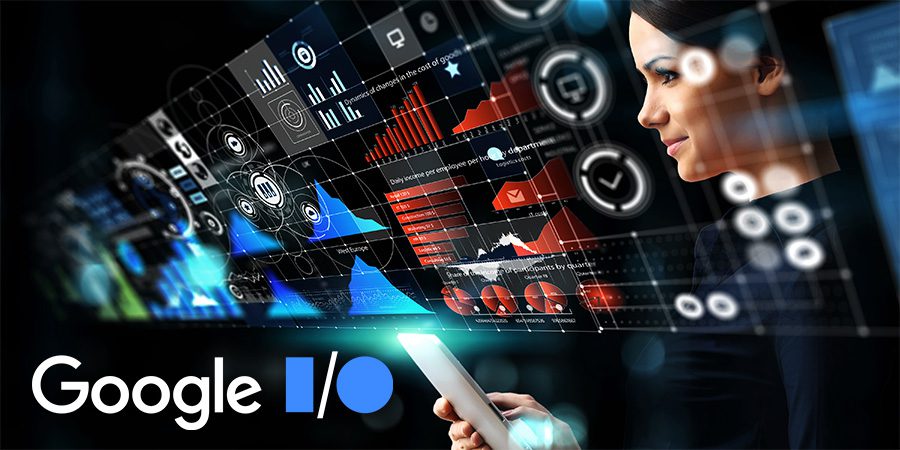In this article, we’ll delve into Google’s upcoming I/O event, where the tech giant is set to announce a series of impressive AI updates, with a focus on creativity, coding, and language expansion.
Key Takeaways:
- Google will introduce PaLM 2, a powerful and advanced large language model.
- New generative experiences will be announced for Bard and Search, including language expansion to Japanese and Korean.
- AI-enhanced Workspace tools are in the pipeline, such as template generation in Sheets and image generation in Slides and Meet.
PaLM 2: Google’s Most Advanced Language Model
Google is set to announce the introduction of PaLM 2, an advanced and cutting-edge large language model, at their I/O event.
This new model represents a significant leap forward in AI technology.
PaLM 2 has the ability to understand over 100 languages, making it one of the most versatile language models to date.
The model, which has been developed under the internal codename “Unified Language Model,” has undergone a series of coding and math tests, as well as creative writing and analysis evaluations, showcasing its impressive capabilities.
This advanced language model aims to provide users with a seamless experience across a wide range of applications.
With its diverse language support and capabilities in areas such as coding and mathematics, PaLM 2 promises to revolutionize the way users interact with AI technology, potentially breaking down language barriers and enhancing global communication.
Bard and Search Enhancements: Generative Experiences and Language Expansion
Another major announcement at the I/O event is the introduction of new generative experiences for Google’s AI-powered chatbot, Bard, as well as enhancements to their search engine.
These updates are designed to improve user experiences and expand the capabilities of both Bard and Search.
The generative experiences for Bard will include new applications in coding, math, and logic, offering users a more comprehensive AI-powered tool.
Additionally, Bard’s language support will be extended to include Japanese and Korean, allowing for a more diverse user base to benefit from the chatbot’s capabilities.
Google Search will also undergo significant updates, with improvements to the search engine’s ability to provide users with the information they seek.
The introduction of generative experiences to Search aims to make the process of finding answers more intuitive and user-friendly, further solidifying Google’s position as a leading search engine provider.
These updates to Bard and Search emphasize Google’s commitment to providing AI technology that is both powerful and accessible, making it easier for people around the world to engage with and benefit from these innovations.
Workspace AI Collaborator: Streamlining Sheets, Slides, and Meet
Google is also set to announce the expansion of its Workspace AI collaborator, which will include AI-enhanced tools for Sheets, Slides, and Meet.
These updates are designed to streamline the user experience and improve productivity in the workplace.
For Sheets, users can expect AI-generated templates, which will make the process of creating spreadsheets quicker and more efficient.
This feature will allow users to focus on analyzing and presenting data, rather than spending time on the setup and formatting of their spreadsheets.
In Slides, Google is introducing AI-powered image generation, which will enable users to create more visually engaging presentations.
By entering text into a chat box, users will be able to generate images based on the words they input, making it easier to create custom visuals for their presentations.
Google Meet will also receive AI enhancements, with the introduction of AI-generated images in video conferences.
This feature will help users better express their ideas and collaborate with their teams, promoting more effective communication in the virtual workplace.
These AI-powered updates to Google Workspace tools aim to improve user productivity and collaboration, enabling businesses to work more efficiently and make better use of their time and resources.
Conclusion
Google’s I/O event is set to be an exciting showcase of the company’s latest advancements in AI technology.
With the introduction of PaLM 2, enhancements to Bard and Search, and improvements to Workspace tools like Sheets, Slides, and Meet, Google continues to push the boundaries of innovation in AI.
These groundbreaking developments have the potential to transform how we interact with technology, breaking down language barriers, fostering creativity, and streamlining productivity in the workplace.
As Google continues to explore and refine AI capabilities, we can anticipate even more exciting and transformative advancements in the near future.
 Sections of this topic
Sections of this topic
















